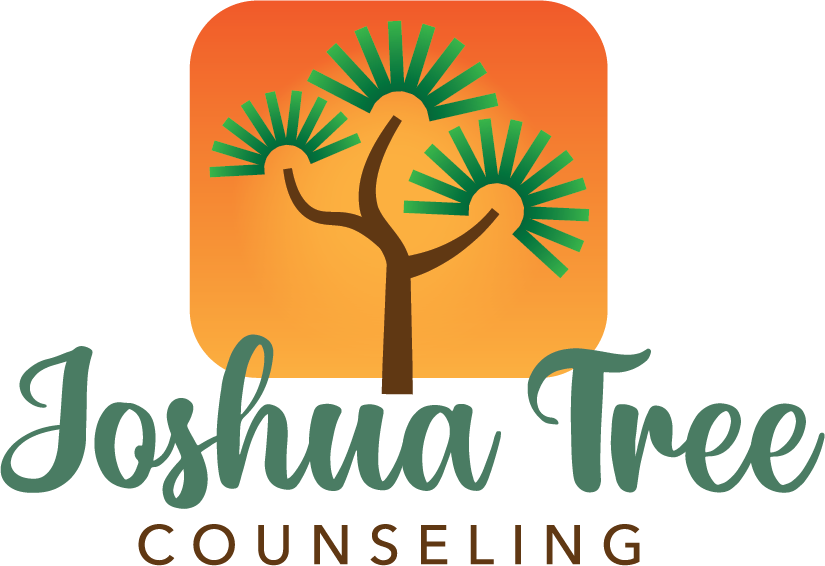How Confidential is Confidentiality?

Confidentiality is sacred in Florida. Anything and everything you say in therapy is protected by law, and a court order is required to allow the therapist to break that confidentiality. Even then, judges are very reluctant to issue such an order. That said, there are a few circumstances in which confidentiality can be broken.
Most states have some form of “mandatory reporter” law. In Florida, that law states that if a client makes me aware of a crime involving the ongoing or impending abuse or neglect of a minor or vulnerable adult, I am required to report that to the Department of Children and Families. For purposes of this law, the term “vulnerable adult” is an adult (age 18 or over) who suffers from a mental or physical disability; as well as any adult, regardless of disability, 65 years of age or older (
Florida Statutes
,
)
. It is important to note the phrase
ongoing or impending
–it is either happening now or it is about to happen.
A history of childhood abuse related by an adult client is not subject to mandatory reporting.
Many states also have a “duty to warn” law, also commonly known as a Tarasoff warning (RE:
Tarasoff v. Regents of the University of California
, 1976). This law requires a therapist to notify authorities and/or potential victims if clients threaten physical harm to themselves or others. In Florida, duty-to-warn is not mandatory, but is an exemption to confidentiality laws. Meaning, a therapist is permitted (but not required) to break confidentiality if he or she believes someone is in imminent harm from a client/patient.
Of course, when therapy is court-mandated or otherwise part of a civil or criminal legal action, the therapist is contracted to report his or her findings and other information to the court.
Aside from these exemptions anything you tell your therapist, including illegal drug use (a common question), is strictly confidential.


